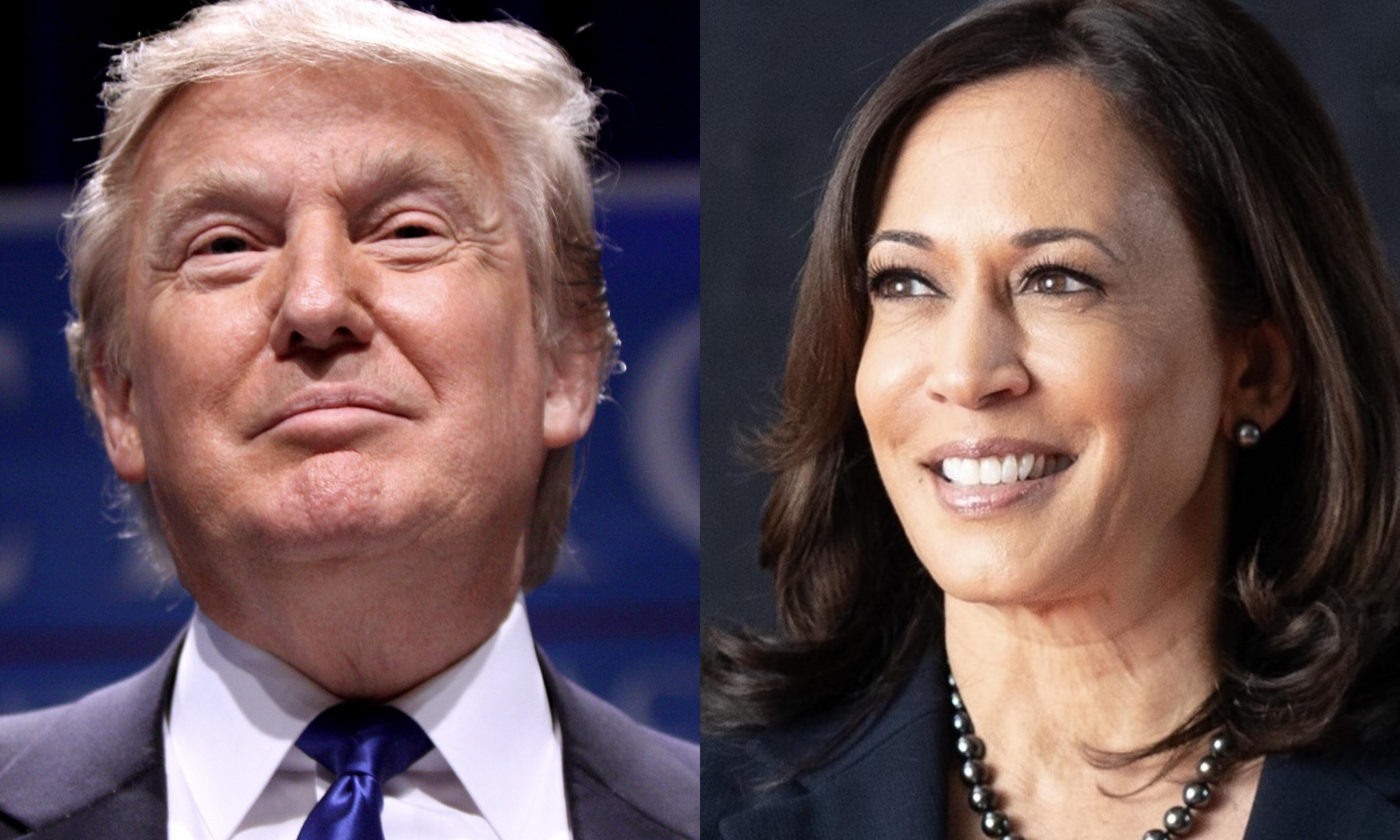A Supreme Court case emerging from Pennsylvania has sparked national attention as the Republican Party seeks to disqualify thousands of mail-in ballots, potentially altering the course of the 2024 presidential election. The case, titled Genser v. Butler County Board of Elections, hinges on whether voters who initially submitted improperly filed mail-in ballots should be allowed to cast provisional ballots on Election Day.
On October 23, the Pennsylvania Supreme Court ruled narrowly in favor of thousands of Pennsylvanians, voting 4-3 that voters with voided mail-in ballots could cast provisional ballots in person. But just days later, the Republican Party petitioned the U.S. Supreme Court to block that ruling, arguing that allowing these ballots compromises state legislative authority over election laws.
The stakes are high: should the Supreme Court intervene and side with the GOP, the decision could disenfranchise thousands of Pennsylvania voters and potentially shift the state’s crucial electoral votes from Kamala Harris to Donald Trump, depending on the final count. Pennsylvania remains a battleground state in this tight election, and with the GOP challenging the state court’s decision, the repercussions could be significant.
At the center of the controversy is the Independent State Legislature Doctrine (ISLD), a legal theory proposing that only state legislatures hold the power to regulate federal elections, without oversight from state courts or governors. While the Supreme Court has historically rejected the ISLD, recent rulings suggest the door is ajar for its reconsideration. Should the Court side with the GOP in Genser, it would set a precedent that could lead to extensive state legislative control over federal election procedures nationwide.
"This could create unprecedented chaos in U.S. elections, throwing into question which officials have final say over election law," noted election law expert Jeremy Lock. “It’s a power shift that could place American democracy in uncharted waters.”
The Genser case arose from Pennsylvania's strict mail-in ballot regulations, which require a "secrecy envelope" for each mailed vote. Failing to follow this guideline renders the vote void, meaning it cannot legally count. Plaintiffs argue, however, that the Pennsylvania Supreme Court’s decision acknowledges voters’ rights to have a second chance by voting provisionally if their initial attempt was voided due to technicalities.
Election analysts caution that while the exact number of affected voters is unclear, even a small number of disqualified ballots could impact Pennsylvania’s results, should the race be as tight as anticipated. Democrats traditionally have a greater reliance on mail-in ballots, and in 2020, the overwhelming majority of these votes were cast for Joe Biden. While the Republican Party has encouraged more mail-in voting since 2020, the GOP’s argument in Genser suggests they still see an advantage if certain mail-in ballots are voided.
Observers warn that if the U.S. Supreme Court decides in favor of the ISLD, it could grant legislatures sweeping authority to modify election rules without checks and balances. For now, however, the nation watches and waits as the court deliberates on an issue with potentially game-changing implications for the 2024 election.
This case highlights the razor-thin margins and legal complexities that characterize modern U.S. elections. A Supreme Court ruling in favor of the GOP’s position could not only impact the outcome of this election but also redefine the boundaries of electoral power for future generations.



 Trump Congratulates Japan’s First Female Prime Minister Sanae Takaichi After Historic Election Victory
Trump Congratulates Japan’s First Female Prime Minister Sanae Takaichi After Historic Election Victory  Trump Slams Super Bowl Halftime Show Featuring Bad Bunny
Trump Slams Super Bowl Halftime Show Featuring Bad Bunny  Bangladesh Election 2026: A Turning Point After Years of Political Suppression
Bangladesh Election 2026: A Turning Point After Years of Political Suppression  New York Legalizes Medical Aid in Dying for Terminally Ill Patients
New York Legalizes Medical Aid in Dying for Terminally Ill Patients  Trump’s Inflation Claims Clash With Voters’ Cost-of-Living Reality
Trump’s Inflation Claims Clash With Voters’ Cost-of-Living Reality  China Overturns Death Sentence of Canadian Robert Schellenberg, Signaling Thaw in Canada-China Relations
China Overturns Death Sentence of Canadian Robert Schellenberg, Signaling Thaw in Canada-China Relations  China Warns US Arms Sales to Taiwan Could Disrupt Trump’s Planned Visit
China Warns US Arms Sales to Taiwan Could Disrupt Trump’s Planned Visit  Trump Administration Appeals Court Order to Release Hudson Tunnel Project Funding
Trump Administration Appeals Court Order to Release Hudson Tunnel Project Funding  Ohio Man Indicted for Alleged Threat Against Vice President JD Vance, Faces Additional Federal Charges
Ohio Man Indicted for Alleged Threat Against Vice President JD Vance, Faces Additional Federal Charges  Japan’s Prime Minister Sanae Takaichi Secures Historic Election Win, Shaking Markets and Regional Politics
Japan’s Prime Minister Sanae Takaichi Secures Historic Election Win, Shaking Markets and Regional Politics  Nicaragua Ends Visa-Free Entry for Cubans, Disrupting Key Migration Route to the U.S.
Nicaragua Ends Visa-Free Entry for Cubans, Disrupting Key Migration Route to the U.S.  Japan Election 2026: Sanae Takaichi Poised for Landslide Win Despite Record Snowfall
Japan Election 2026: Sanae Takaichi Poised for Landslide Win Despite Record Snowfall  Trump Backs Nexstar–Tegna Merger Amid Shifting U.S. Media Landscape
Trump Backs Nexstar–Tegna Merger Amid Shifting U.S. Media Landscape  India–U.S. Interim Trade Pact Cuts Auto Tariffs but Leaves Tesla Out
India–U.S. Interim Trade Pact Cuts Auto Tariffs but Leaves Tesla Out  Antonio José Seguro Poised for Landslide Win in Portugal Presidential Runoff
Antonio José Seguro Poised for Landslide Win in Portugal Presidential Runoff  Ghislaine Maxwell to Invoke Fifth Amendment at House Oversight Committee Deposition
Ghislaine Maxwell to Invoke Fifth Amendment at House Oversight Committee Deposition 































